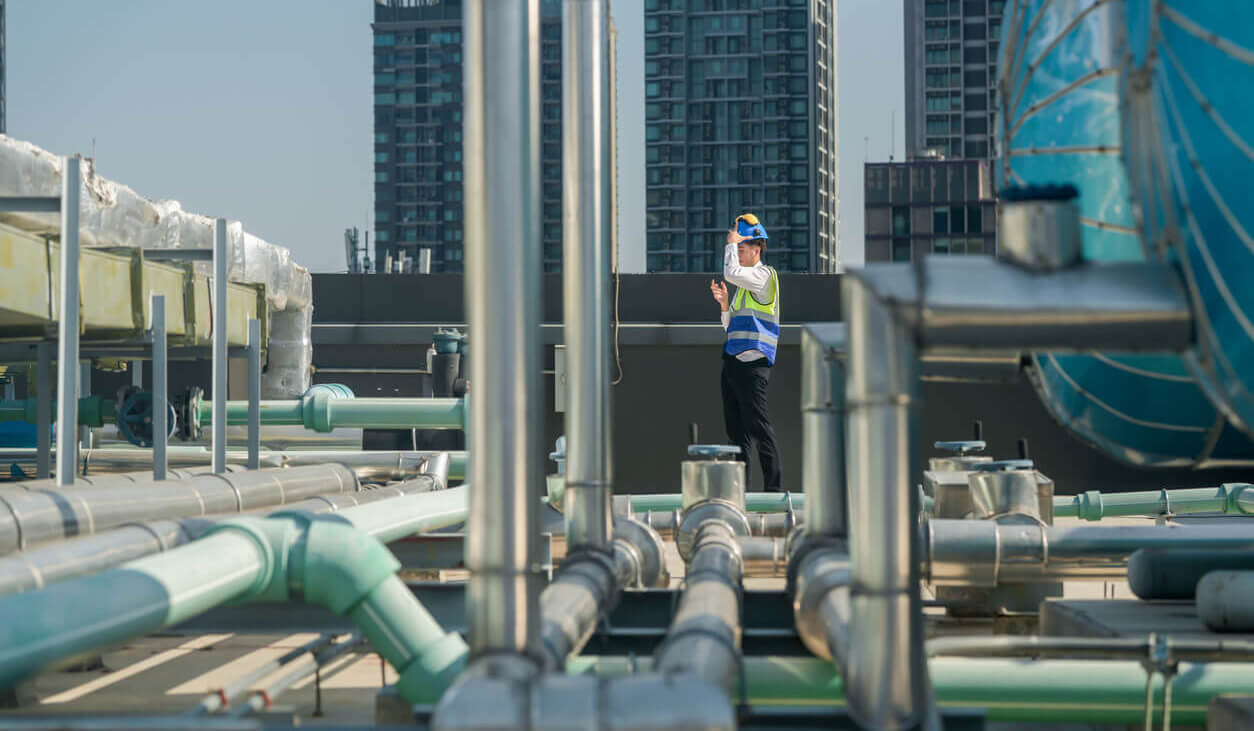The dust has barely settled on the recent UK election and thoughts are turning to what can be expected from our newly appointed government. The construction industry has been plagued by slow economic growth in recent years with high interest rates also playing a part in project numbers. Despite promises of investment in the sector, there has been a level of disillusionment across the industry, and the scepticism around potentially empty promises doesn’t seem to have helped attitudes.
However, a recent Glenigan report suggests that construction may benefit from a post-election boost, with the likelihood that policy decisions will be made faster to cut through delays.
What has been promised?
Whether the Labour government’s impact on construction progress brings about real change or contributes to more cries of “they’re all the same” is still an unknown. But we can look at the manifesto pledges as a guide of what we could potentially see in the not-to-distant future. While this doesn’t necessarily bring solid answers, there is plenty of ambition in the pledges – and the hope that a period of stability marks a turning point for construction.
Housing
Labour has said it wants to implement mandatory housebuilding targets for local authorities, promising to build 1.5 million new homes over a five-year period. In addition, they pledge new towns with a minimum of 40% affordable housing, contributing to 150,000 social and affordable homes per year. A ‘Freedom to Buy’ policy would look to get 80,000 people on the housing ladder, while a ‘First Dibs’ policy would give locals first refusal on homes in new developments.
Planning
Labour’s manifesto promised to agree design standards for ‘gentle urban development’, while requiring combined and mayoral authorities to strategically plan for growth in their areas. Combined authorities will receive new planning powers and freedoms to better use their grant funding, giving them great flexibility to plan development accordingly.
On green planning, Labour has said they will create a new ‘grey belt’ land class to cover poor quality green belt areas to allow easier brownfield development, and will reform the planning system for onshore wind to allow more projects to move ahead and out of planning stages.
Labour also plan to hire 300 more planning officers, funding this by increasing stamp duty on homes bought by non-UK residents.
Infrastructure
In the wake of the ill-fated HS2 project, Labour wants to launch an independent inquiry to ensure future projects don’t fall victim to the same cost overruns. They claim to be fully committed to Northern Powerhouse Rail, and plan to merge the National Infrastructure Commission and Infrastructure and Projects Authority into National Infrastructure and Service Transformation Authority (NISTA) - a new body that will be granted new powers.
Skills
Labour plans to revamp the apprenticeship levy to fund specialised training colleges, and firms will be able to use up to half of apprenticeship funds to develop existing staff skills or to pay for pre-apprenticeship training. New laws on immigration will force government departments to focus on planning skill improvements in high migration sectors – including construction.
Net Zero
The ambitious plans on Net Zero include committing to £15bn on green investment a year, upgrading five million homes to an EPC C rating during parliament, and decarbonising UK power by 2030 using a new body called Great British Energy. Labour also want to implement targets for faster approvals on renewable projects and aim to double onshore wind, triple solar, and quadruple offshore wind by 2030.
After a period of governmental instability, many construction leaders have stepped forward to welcome Labour’s promises, with the caveat that they will be watching Starmer’s premiership very closely – particularly wanting to hold the new government to account on sustainability claims and targets for new homes.







